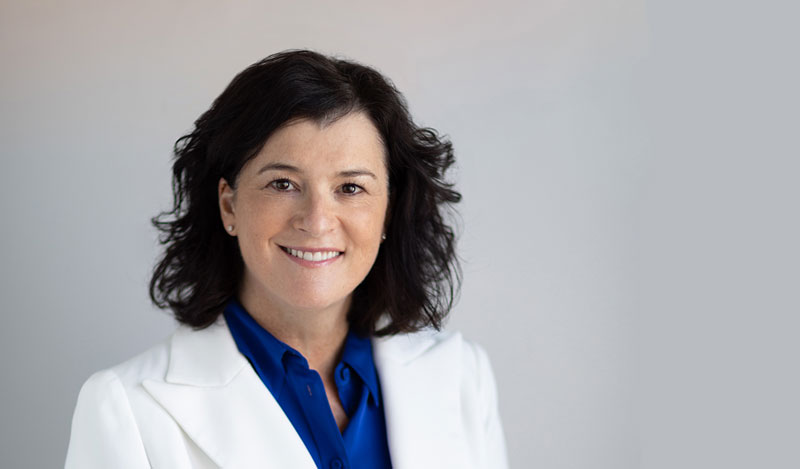

Hunter New England Health (HNEH) workers will receive a visit from the State’s Chief Cancer Officer today as part of a two-month tour of local health districts.
Also the Cancer Institute CEO, Professor Tracey O’Brien will meet with HNEH District Chief Executive Michael DiRienzo and cancer service staff, to discuss local cancer outcomes and how the Institute can continue supporting the local health district in lessening the impacts of cancer in the Hunter New England region.
“NSW is recognised as a global leader in cancer care, with survival rates among the best in the world, but there is still much more we can do to lessen the impact of cancer,” Professor O’Brien said.
“However, cancer continues to impact too many people in our community with one in two people across NSW diagnosed with cancer in their lifetime.”
The most common cancers diagnosed in the region are melanoma, bowel and breast cancer, while the ones leading to the highest rate of death are lung, bowel and prostate.
Around 7,000 people will have been diagnosed with cancer in the Hunter this year and over 2,300 have lost their lives to cancer in 2022.
“There are also communities that continue to experience poorer cancer outcomes, including Aboriginal communities, people living in regional rural and remote NSW and multicultural communities. Working closely with these communities to ensure equitable cancer outcomes is a priority of our state’s new Cancer Plan,” said Professor O’Brien.
“Part of the Institute’s work is supporting local health districts to deliver effective, efficient, affordable cancer treatments.
“I am pleased to visit Hunter New England Local Health District and meet with Mr DiRienzo and his team to discuss local cancer treatments, patient care and support, as well as cancer prevention and screening programs. A priority in the NSW Cancer Plan 2022–2027 is the prevention of cancers, which is one of the most effective ways to achieve the Institute’s vision of ending cancers as we know them.”

